From the Desk of Jack Kennedy III
What is your definition of success? I come across this question almost daily. The dictionary defines success as "The attainment of fame, wealth, or social status." Famous people spend half of their lives trying to become famous. Once they achieve fame, they ironically spend the second half trying to go unnoticed. Very perplexing. My definition of success is pretty simple – waking up every day doing what you love to do while having someone else do those things you would rather not do. For many, success is simplicity while, for others, it’s complexity. It may be cliché but it’s very true; once we find what we love to do, we never have to work another day in our lives.
It’s that time of year when many families are trying to determine which college their child or grandchild should attend. However, many of those families have not asked the success question:
What is the one thing you could see yourself doing every day for the rest of your life?
Unsurprisingly, most teenagers will not have an answer. However, simply asking the question helps change the thought process by changing the focus from a job to a vocation. Certainly, college is helpful and often a necessary prerequisite for career entry. However, for many, college is an unfortunate obstacle rather than an opportunity. For example, Ted Turner was kicked out of Brown University, worked for his father, then launched Turner Broadcasting Company. His net worth is over $2.2 billion. Larry Ellison, Founder of Oracle, dropped out of college twice. He now owns his own island in Hawaii and has a net worth of $61.1 billion. Henry Ford did not have an engineering degree. Instead, he left the family farm at the age of 16 to become an apprentice in a machine shop in Detroit. He built his first car at age 29 and the rest is history. Richard Branson, my personal favorite, never attended college. As a child, he had severe dyslexia and attention-deficit/hyperactivity disorder (ADHD). At 16, his headmaster told him he would either end up in prison or become a millionaire. He now owns the Virgin Group, which owns over 400 companies, and has a net worth over $5 billion.
In the book “Good to Great,” Jim Collins states that the enemy to becoming great at anything is simply becoming good. Say “no” to settling for good or else you will never become great. We only can become great with passion, persistence and perseverance and without a fear of failure. This begins with finding what we love and doing it for the rest of our lives. Success is a journey – not a destination.
Below I have included links to an interview I recently had with MoneyGeek. The interview was in reference to home insurance and advice for balance transfer cardholders. Please always remember when someone says, “I am going to sue you for everything you’ve got,” it’s important we have insurance protection for “everything we’ve got”! I encourage you to take the time to read each of the interview installments as well as review your own coverage to make certain you and your family are fully protected.
Read more about:
- Best Homeowners Insurance Companies for 2022: Reviews, Rankings and Rates
- The Best Balance Transfer Credit Cards in 2022
On behalf of everyone at KIG, thank you for taking the time to read our newsletter and the opportunity to serve you.
Best Regards,
Jack

Any opinions are those of Jack W. Kennedy and not necessarily those of RJFS or Raymond James. There is no guarantee that these statements, opinions or forecasts provided herein will prove to be correct. Past performance is not indicative of future results. Investing involves risk and you may incur a profit or loss regardless of strategy selected. Sector investments are companies engaged in business related to a specific sector. They are subject to fierce competition and their products and services may be subject to rapid obsolescence. There are additional risks associated with investing in an individual sector, including limited diversification.
All expressions of opinion reflect the judgment of Raymond James & Associates, Inc. and are subject to change. There is no assurance any of the trends mentioned will continue or that any of the forecasts mentioned will occur. Economic and market conditions are subject to change. Investing involves risk including the possible loss of capital. The S&P 500 is an unmanaged index of 500 widely held stocks. It is not possible to invest directly in an index. The market performance noted does not include fees and charges which would affect an investor’s returns. Past performance may not be indicative of future results.
Investment products are: not deposits, not FDIC/NCUA insured, not insured by any government agency, not bank guaranteed, subject to risk and may lose value. Raymond James financial advisors do not render legal or tax advice. Please consult a qualified professional regarding legal or tax advice.


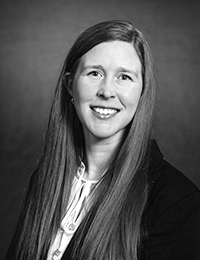 Maggie Slivinski
Maggie Slivinski Steve Corbo
Steve Corbo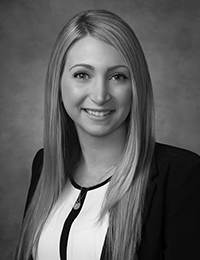 Alexandra Rao
Alexandra Rao Alexa Comey
Alexa Comey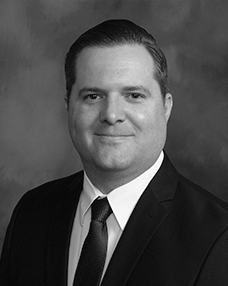 Gene Donato
Gene Donato Jack W. Kennedy III, CFP®, AAMS®
Jack W. Kennedy III, CFP®, AAMS® Henry (Hank) J. Schroeder, CFP®
Henry (Hank) J. Schroeder, CFP®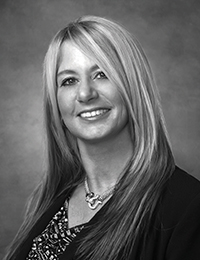 Diane Gallagher
Diane Gallagher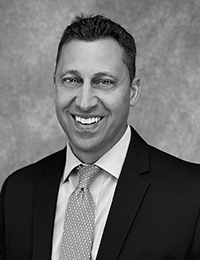 Scott Bernstiel
Scott Bernstiel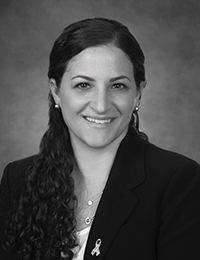 Chrissy Carpenter
Chrissy Carpenter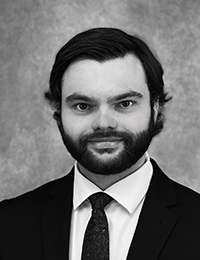 David Strout
David Strout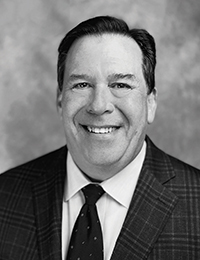 Keith R. Hering AAMS®, CRPS®, CIMA®
Keith R. Hering AAMS®, CRPS®, CIMA® 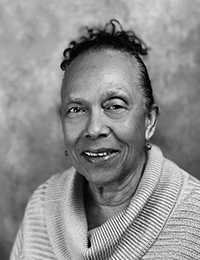 Marjorie Onuwa
Marjorie Onuwa